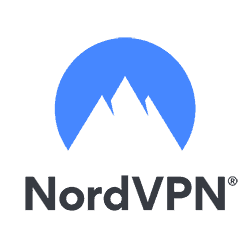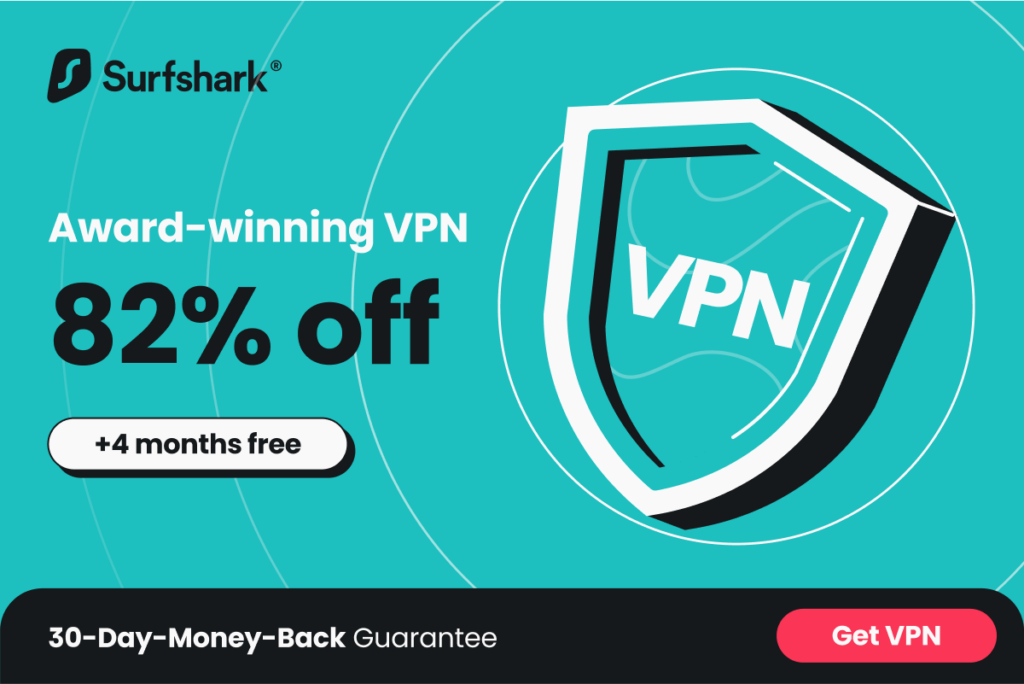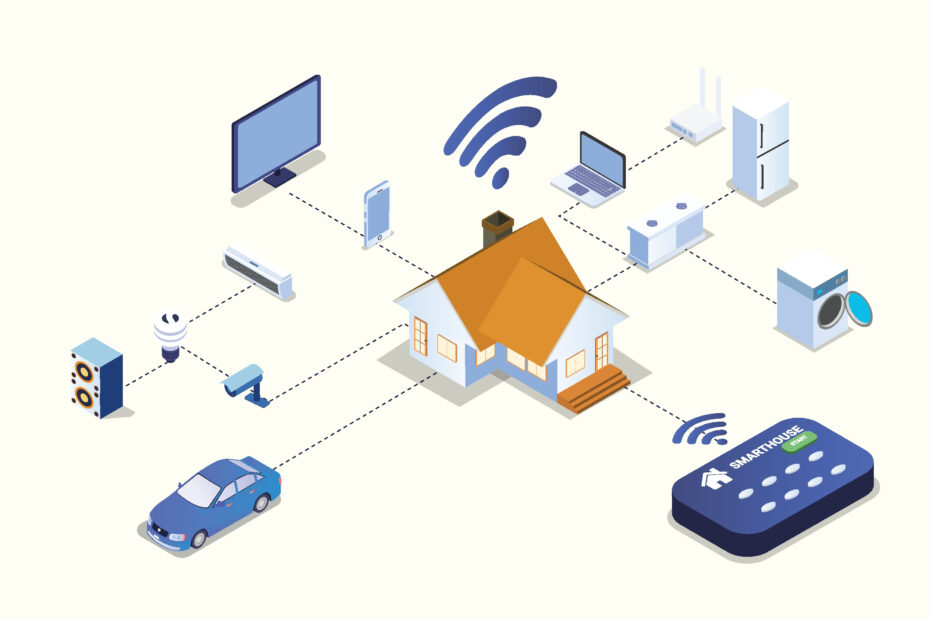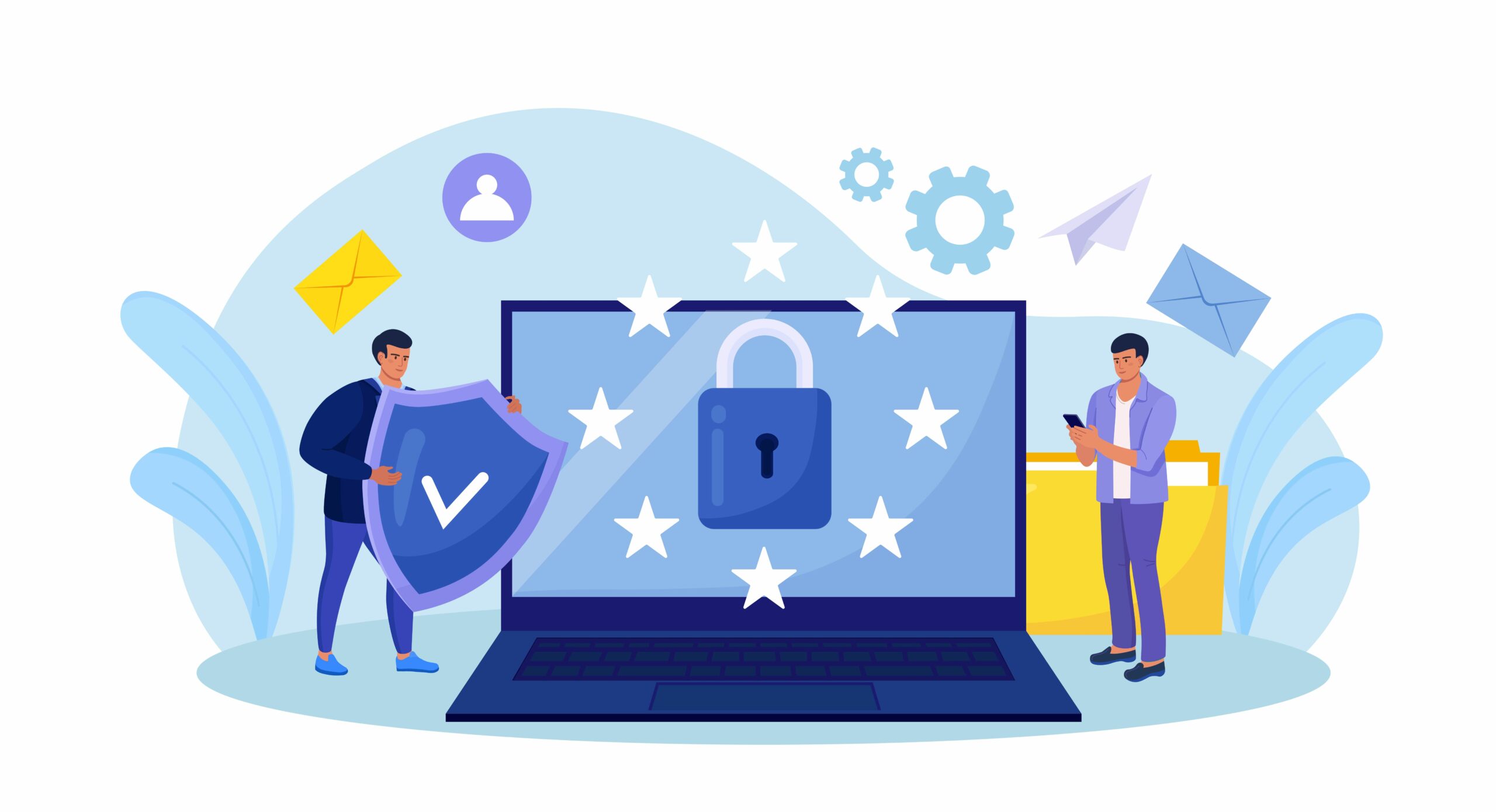Are you wondering if you need a VPN for each device? With so much information about the internet, it can be difficult to know what is true and what isn’t.
This blog post will explain the importance of using a VPN for each device and provide tips on choosing the right one.
What is a VPN, and What Does It Do?
A Virtual Private Network (VPN) is a secure connection between two or more devices, allowing for the exchange of data and information over the internet in a protected, confidential manner.
A VPN creates a tunnel that encrypts and protects data from eavesdropping, which makes it difficult for hackers to access confidential information. Furthermore, a VPN can bypass geo-restrictions, allowing users to access content from other countries.
With a VPN, you can also access public WiFi networks safely and securely, as your data will be protected from any potential cyber threats.
Do You Need a VPN for Each Device?
The answer to whether you need a VPN for each device is a resounding yes. While one VPN account can secure up to six devices at once, it is still important to ensure each device has its security measures in place.
This is especially true for devices accessing the web on public WiFi networks. With a VPN, all of your data is encrypted and secure, regardless of what type of device you are using. Windows, macOS, iOS, and Android devices can all be connected to the same VPN server, and each device will still be fully protected.
A VPN router can connect all your wireless and wired devices to the internet through a single secure connection. Having a VPN on all your devices is essential if you want to ensure that your data and online activities are kept safe and private.
Types of Devices Compatible with VPNs
VPNs are compatible with many devices, from laptops and desktops to smartphones and tablets. You can also use a VPN on gaming systems, smart TVs, and streaming devices.
This means you can protect all your devices by connecting them to the same VPN. With the right VPN service, you can protect up to 6 devices simultaneously without any reduction in performance. Popular VPN services like Surfshark and NordVPN support all major operating systems, including Windows, macOS, iOS, Android, and Linux.

They also support routers, allowing you to extend the VPN’s protection to all your connected devices. Using a VPN on all your devices is the best way to ensure that your online activities remain secure and private while browsing the web.
What Is the Maximum Number of Devices You Can Connect to a VPN?
The maximum number of devices you can connect to a VPN will vary depending on the provider you choose. Generally speaking, most VPN providers offer up to five simultaneous connections per account.
However, some providers offer even more. For example, NordVPN allows you to secure up to six devices with one account, while PureVPN offers up to 10 simultaneous connections. If you have a large household or a lot of techs, you can bypass the five-device limit by installing the VPN on your main router. This means your VPN account will cover all the devices connected to your home WiFi.

Can You Use a VPN on Multiple Devices Simultaneously?
Yes, you can use a VPN on multiple devices simultaneously. The number of devices you can connect to a VPN varies depending on the provider. Most providers offer up to five simultaneous connections, while some, like Surfshark, allow unlimited connections.

If you have a family of five or more, you can use a single subscription to Surfshark to protect your entire family. ExpressVPN also allows up to five simultaneous connections with one subscription and provides an even simpler solution by allowing you to install it on your router. So if you want to protect your whole family with a single subscription, these are the best VPNs for multiple devices.
Should Smart Devices Also Be Connected to a VPN?
Connecting your smart devices to a VPN is now more important than ever. With the growing popularity of connected homes and the internet of things, hackers can easily access your sensitive information if your devices are not properly secured.
Connecting all of your smart devices to a VPN ensures that your data remains secure and protected from prying eyes.
Furthermore, using a VPN on all your devices allows you to access geo-restricted content from different locations and prevents any potential data throttling from your internet service provider. It is highly recommended that you connect all your smart devices to a reliable VPN.
What are the Most Popular VPN Services for Multiple Devices?
When it comes to finding the most popular VPN services for multiple devices, NordVPN is a great choice. It offers up to 6 simultaneous connections, giving you the flexibility to secure all your devices with one VPN.
Other top multi-device VPNs include Surfshark and PureVPN. These options offer unlimited simultaneous connections and are designed to secure your data.
For those looking for an all-rounder solution, ExpressVPN is a great option as it offers a combination of features and performance that make it one of the best multi-device VPNs on the market.

CyberGhost also offers multi-device options with its seven multi-logins and massive server networks. A VPN on all your devices is essential if you want to stay safe online and protect your data, so choose one of these popular services for multiple devices today.

What Are the Dangers of Not Using a VPN on All Your Devices?
Without a VPN on all your devices, your data is vulnerable to cybercriminals, who can use unprotected internet connections to access your personal information, such as passwords and financial details.
Additionally, without a VPN, your browsing history is visible to your internet service provider (ISP), which can be used to target you with ads.
Furthermore, third-party monitoring sites can track your online activity and store your data. Lastly, not using a VPN on all your devices increases the risk of being a victim of identity theft or other forms of fraud.
Conclusion
All in all, it’s clear that using a VPN on multiple devices is possible and can have a lot of benefits. Using a paid or free service, the same basic setup and protocols should apply. You should use a VPN for each device for the best security and privacy protection.
A VPN router is also an option for users who want to connect multiple devices without worrying about each device needing its separate VPN. Smart devices should also be connected to a VPN, as they can be vulnerable to data breaches or malicious activities.
Many popular VPN services are available that can be used with multiple devices, so it’s important to do your research and pick the one that best meets your needs. Remember, not using a VPN on all your devices can open you to potential security risks and privacy issues.




